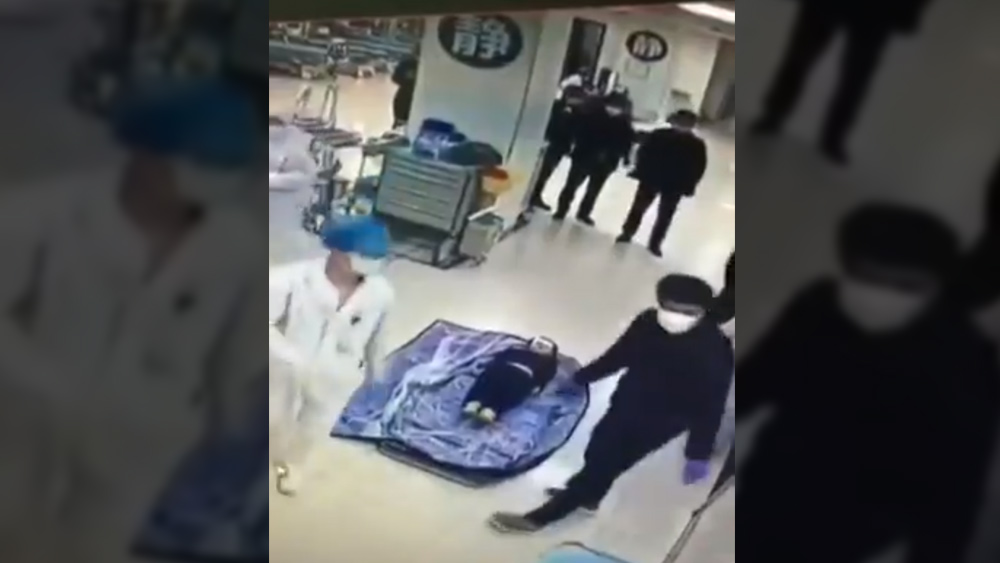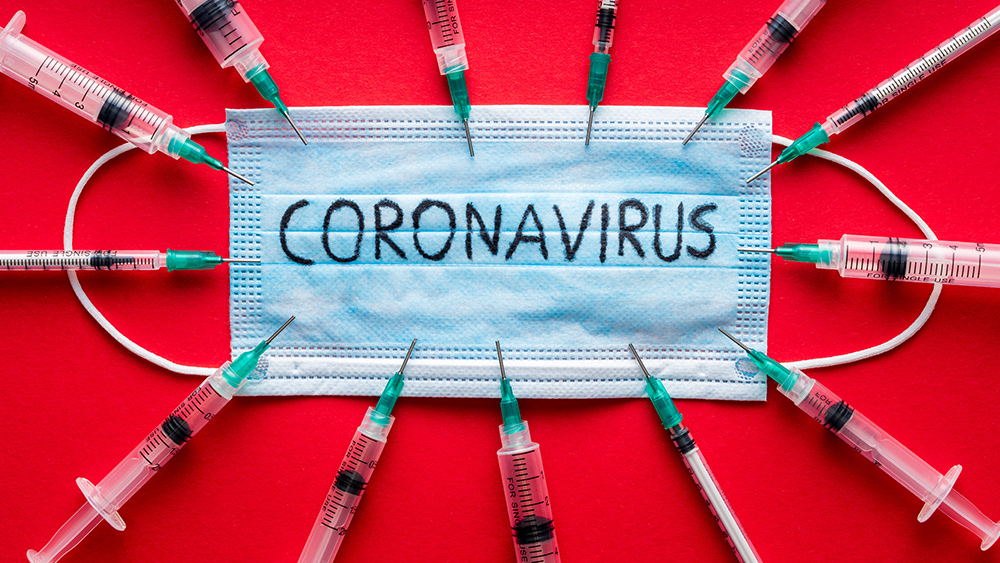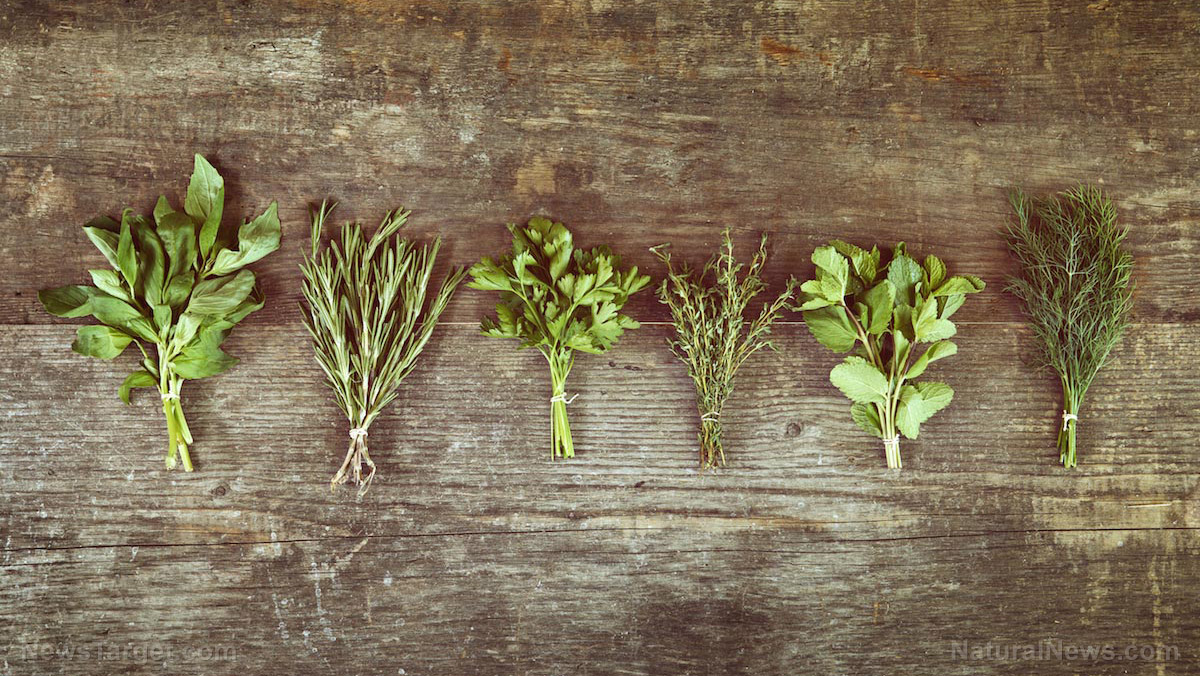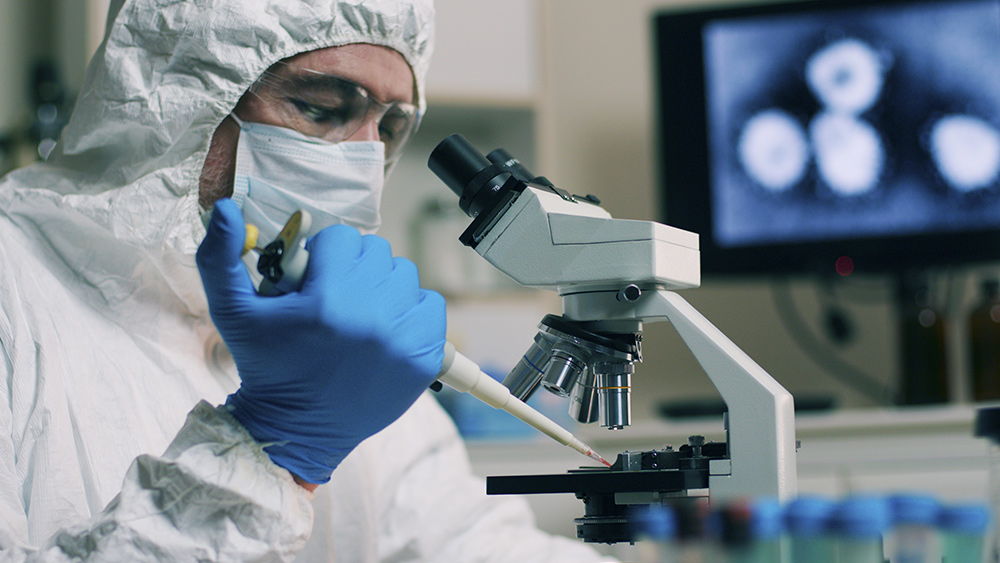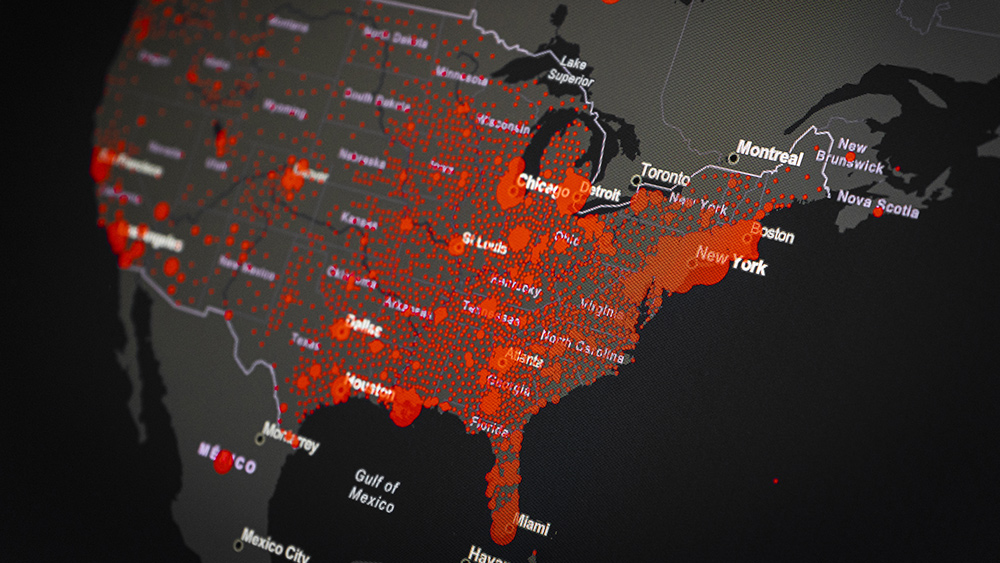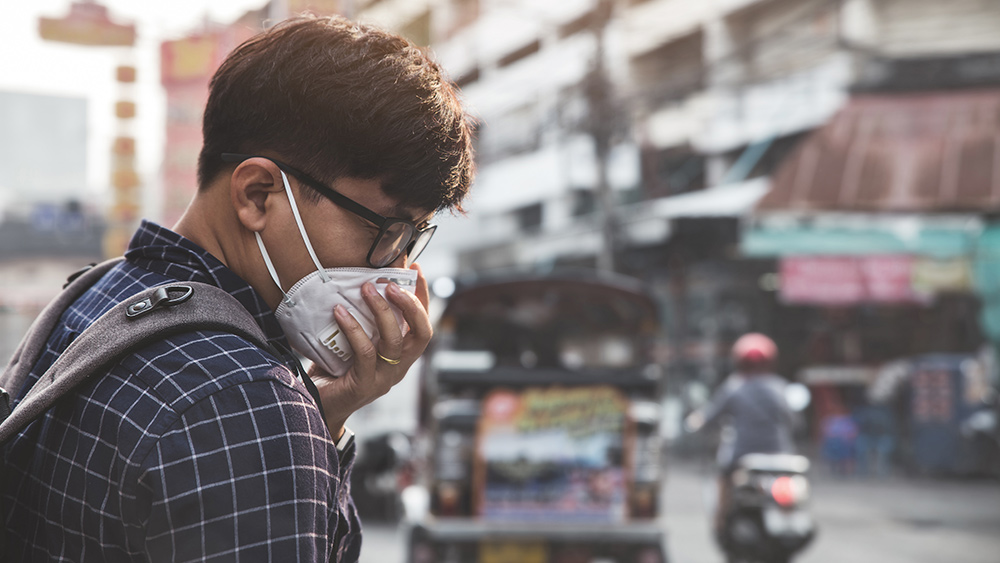Yes, it’s REAL: Coronavirus patients are losing their sense of smell and taste – and aren’t getting them back
06/06/2020 / By Franz Walker
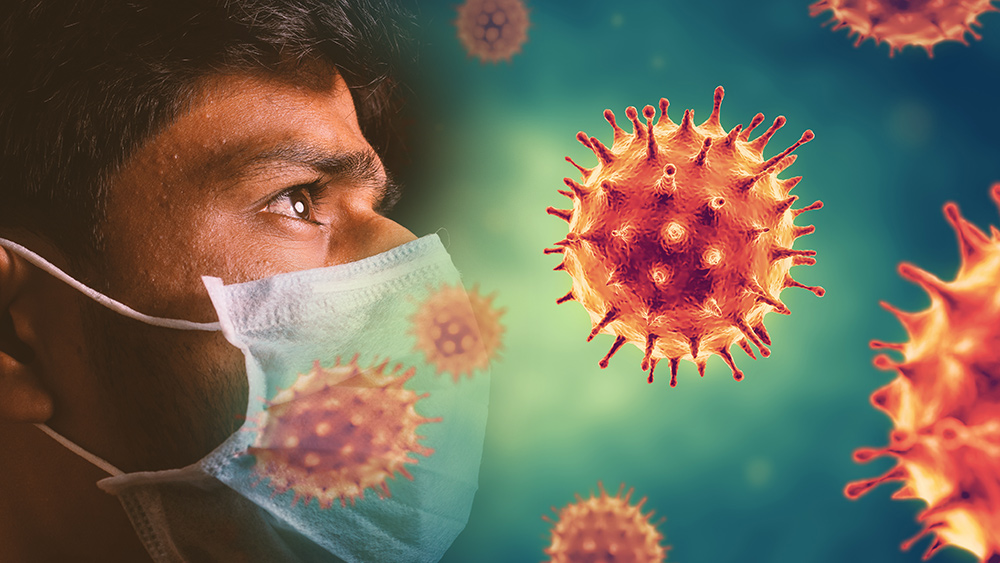
In addition to attacking the lungs, the Wuhan coronavirus (COVID-19) can also rob patients of their sense of smell and taste. Now, as they begin to learn more about the disease, experts warn that these patients could be without these senses for much longer than expected.
Healthcare personnel first noticed that COVID-19 patients were losing their ability to smell and taste back in March. At that time, the thinking was that the loss of these senses was just a symptom of the disease, with some even saying that it could be used to identify possible asymptomatic carriers.
A recent study, however, suggests that the loss could last for a long time or even be permanent.
COVID-19 patients are losing their ability to smell and taste
The study, published April in the European Archives of Oto-Rhino-Laryngology, took a look at 417 patients who suffered mild to moderate forms of COVID-19. The researchers found that 88 percent reported taste dysfunctions, while 86 percent reported smell dysfunctions.
More importantly, most patients reported that they still couldn’t taste or smell even after the other symptoms of COVID-19 were gone.
The loss of these two senses has affected some survivors’ relationships with food, the environment and even other people, complicating their path to recovery. (Related: Scans show changes in brain caused by coronavirus-related loss of smell.)
Matt Newey, who recovered from COVID-19 in March, said that it affected him emotionally when he was clearing his deceased grandmother’s home in late April. Overcome with emotion, Newey reached for his late grandmother’s perfume, only to find that he couldn’t smell a thing.
“I loved her so much. I wanted to remember what she smelled like one last time,” he said. “It felt like I was losing that memory. It hurt.”
In addition, the inability to taste and smell food has resulted in Newey losing 15 pounds as eating has become a chore.
“I’ve gone a day-and-a-half without eating anything because my stomach isn’t communicating anymore,” he adds. “It’s been like that for a while now.”
For Lisa Montoya, a nurse who contracted a mild COVID-19 infection in March, the loss of her sense of smell has damaged her enjoyment of her everyday rituals, such as grinding coffee.
“Coffee is one of my favorite things and smelling in the morning made me feel awake and alive,” she said.
In addition, the condition meant that she missed smelling the roses that her stepdaughter gave her for Mother’s Day.
The loss of these senses also increased survivors’ anxiety, as they now have to take extra care against certain dangers. Montoya now worries that her inability to taste and smell means she won’t be able to detect spoiled or rotten food.
Newey, on the other hand, became anxious when he realized that he couldn’t smell when his sister burned some pancakes. He now worries that he won’t be able to smell when there’s a fire or a gas leak in his home.
Viral infections are known to cause taste and smell loss
That COVID-19 can cause patients to lose the ability to smell and taste does not come as a surprise to experts. According to Dr. Claire Hopkins, president of the British Rhinological Society, and Dr. Nirmal Kumar, president of ENT UK, approximately 40 percent of all cases of loss of sense of smell in adults are due to viral infection.
“Viruses that give rise to the common cold are well known to cause post-infectious loss, and over 200 different viruses are known to cause upper respiratory tract infections,” they said in a joint release.
From these, 10 to 15 percent of all cases were attributed to coronaviruses; as such, it should come as no surprise that the Wuhan coronavirus does the same.
As for the sense to taste, according to Carl Philpott of Fifth Sense, a charity foundation helping those who’ve lost these senses, the reason patients think they ‘are experiencing taste loss is actually due to the fact that their sense of smell has been impacted — smell has a high impact on a person’s ability to detect flavor.
“The loss of taste issue is really just down to language and concept. Because everyone does smelling and tasting together when you eat, most people don’t separate the two mechanisms,” he explained.
“Salt, sweet, sour and bitter sensations are all detected on the tongue, which we don’t think is really affected in this situation,” he added. “People will think they can’t taste because a large proportion of flavor is down to smell.”
How these viruses cause the loss of smell and taste, however, is something that is still not fully understood. According to the Washington D.C.-based Taste and Smell Clinic, this question is one that has “caused much confusion for several years.”
Currently, the organization theorizes that, even after a patient has recovered, a “persistent and residual” viral process continues to affect the protein secreting glands in the nose and mouth.
Some patients eventually recover their taste and smell
For coronavirus survivors suffering from the loss of smell and taste, the question is whether they can get these senses back.
The recent study does offer some hope for them. Of those who the study found to have lost these senses, about a quarter of them eventually got them back within two weeks of the other symptoms disappearing. However, the study says that long-term data is still needed to assess how long this can last in the patients who did not report an improvement.
Learn more about the Wuhan coronavirus at Pandemic.news.
Sources include:
Tagged Under: coronavirus, covid-19, disease, Flu, infections, neurology, outbreak, pandemic, sense, sense of smell, sense of taste, smell, Study, superbugs, taste, virus



